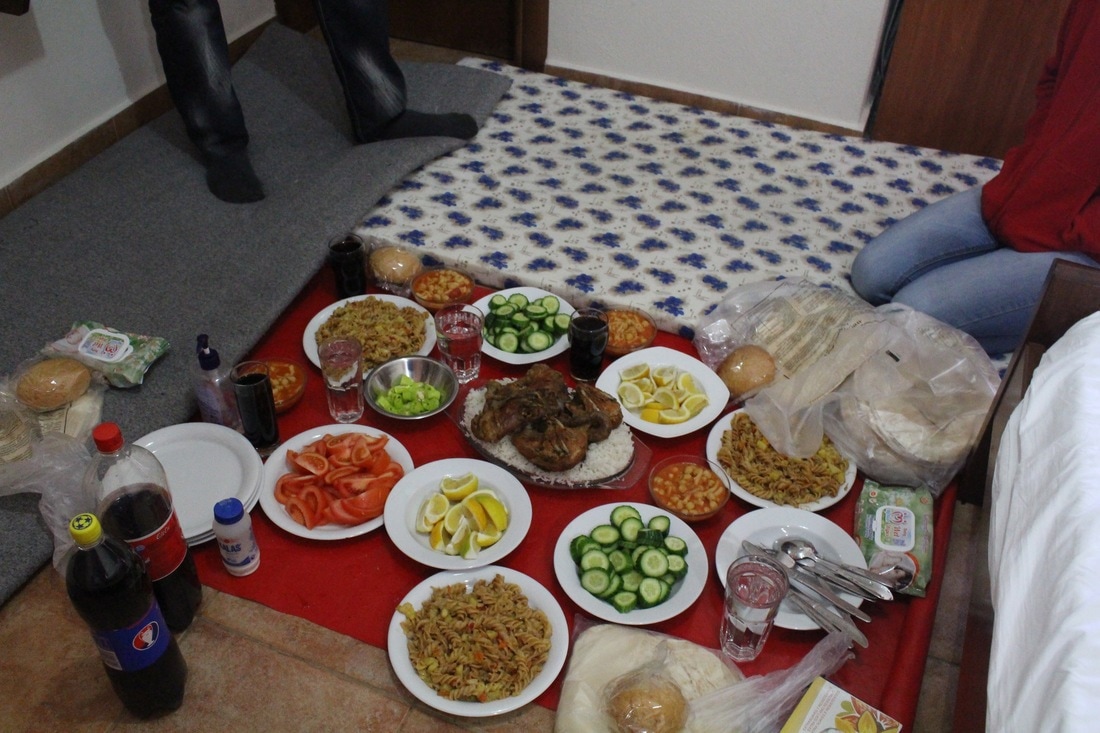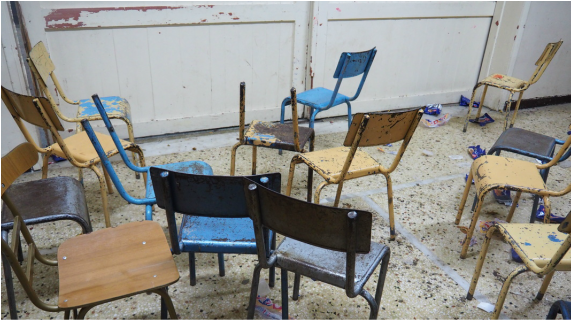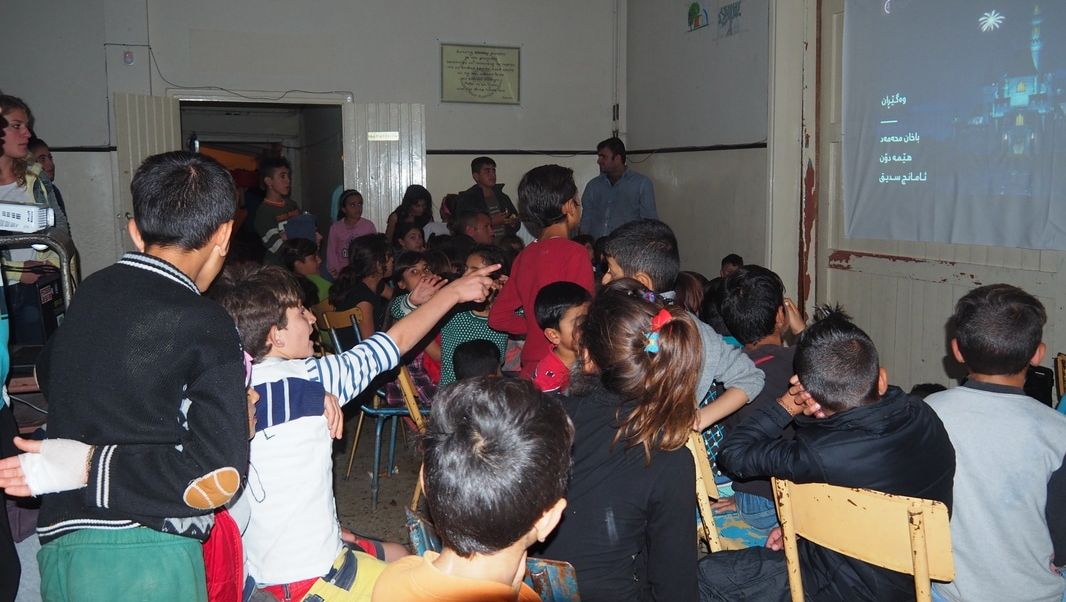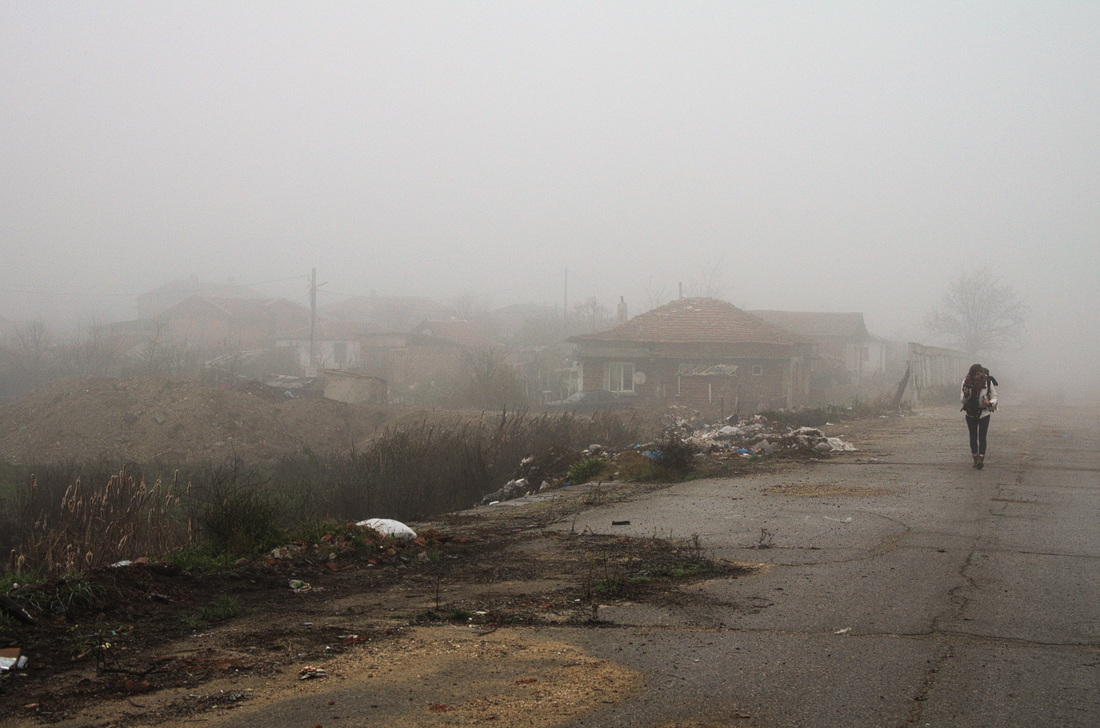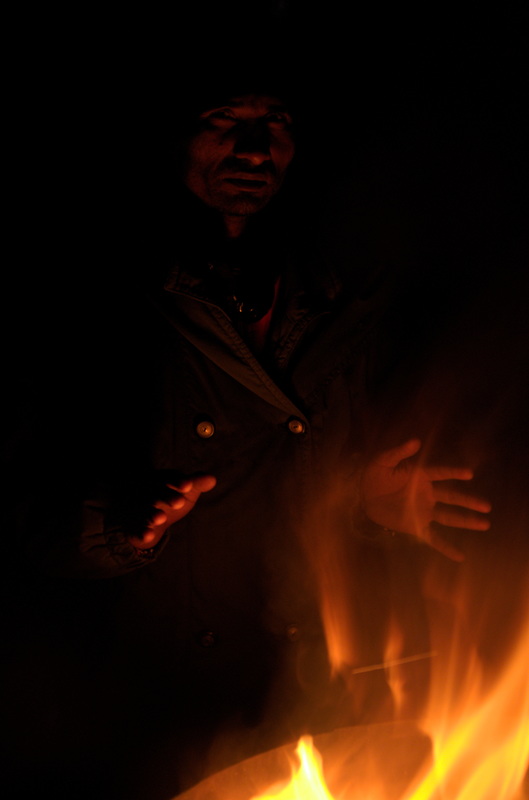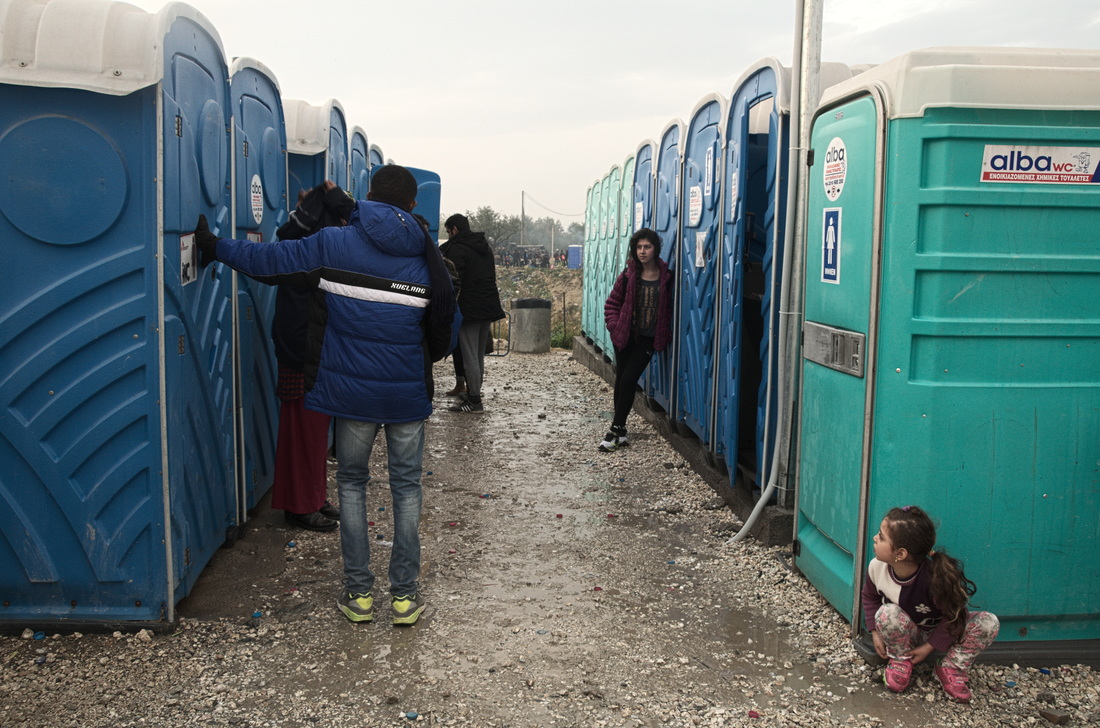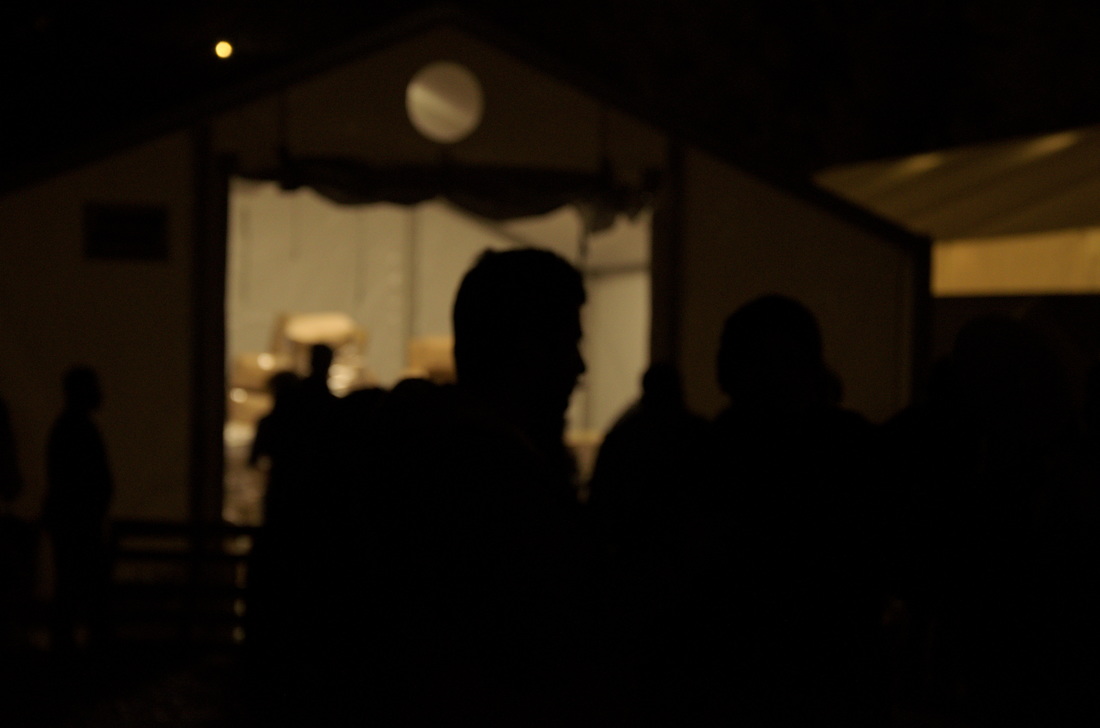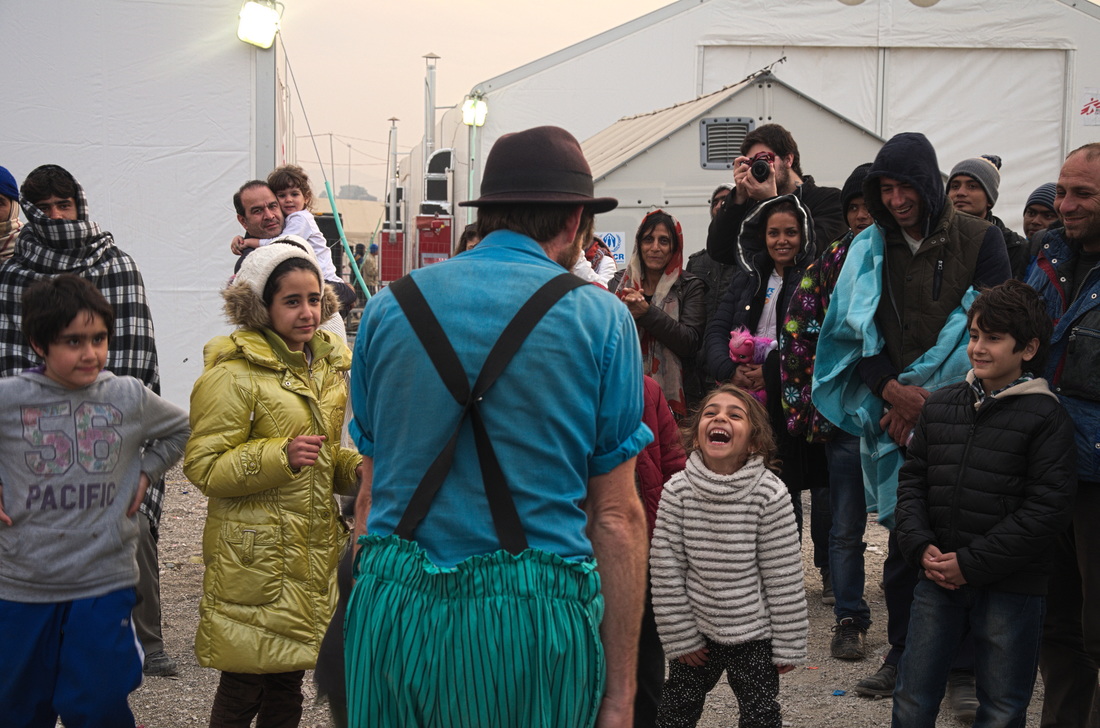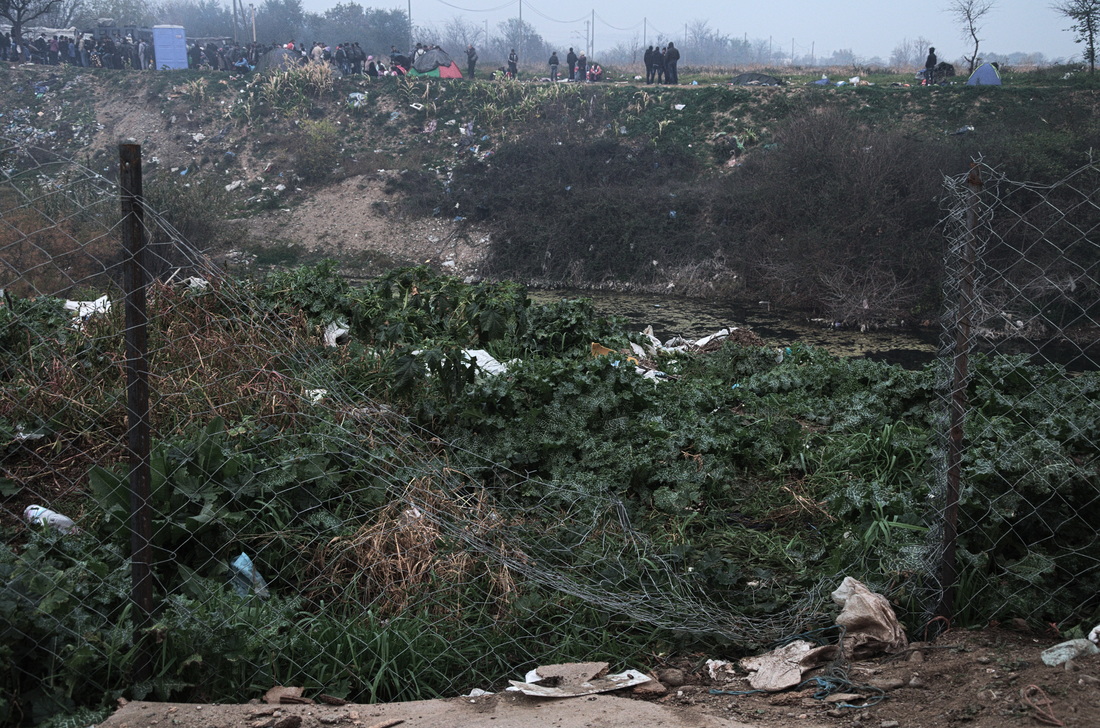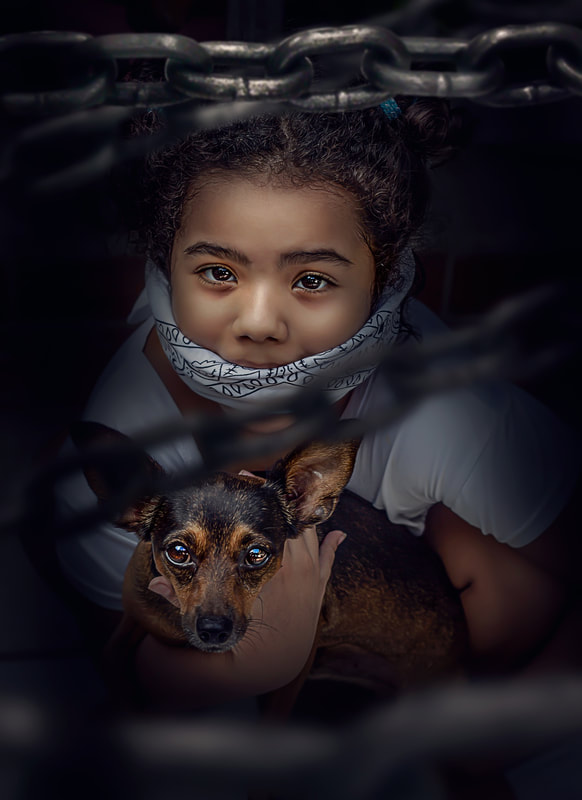
What factors are most influential in getting a person caught up in criminal networks?
"Human trafficking is related to a desire by people to improve their lives. The desire for mobility from their country of origin implies vulnerability. We are talking about a great need, as is the case of refugees, a great desire to change their situation, their lifestyle, however displacement also induces isolation. This displacement makes people arrive in the country of destination, and they do not know well how the administration, the police, the system works".
"Displacement, in addition to the promise of work, which is implicit in human trafficking, also implies that isolation. When I manage to get to the country of accommodation, the victim is exposed to a debt, which is generated by the displacement and now has to be paid. She has to pay it to the people who brought her to this country, under the promise of a job and a promising future. This debt is never paid, there are always systems of penalties and fines imposed by the exploiters that increase that infinite doubt". Susana Fernández Garrido, partner of doctors of the world and director for américalatina of Change.org.
Human Trafficking may be closer to you than you think. There could be victims of exploitation doing bondage or forced labour on your Street. This is a problema that, although it is well known, its analysis sometimes sins of superficiality. If human trafficking were the sketch of a picture, we will be looking from a certain distance, which gives us an overview. But we may not get close enough, and it is when we look closely at each brushstroke, each personal story of the victims, that the keys of to this criminal plot reside.
Human Trafficking is currently third on the list of most important crimes after drugs and weapons trafficking. But it is estimated that it could raise to the first position, because of the great economic benefits it brings.
"You only sell a commodity once, but in the case of a person you can sell him and resell and sell it again”. Susana Fernández Garrido.
It is a crime that operates on othe crimes, such as kidnapping, disappearances, falsification of documents, violence, physical and sexual abuse, corruption, drug trafficking and abuse.
Difference between human trafficking and smuggling
The differences between human trafficking and smuggling are based on the fact that in the first case, entry into the count of destination may be legal o ilegal. While in the second case, entry across the border will always be ilegal. Human trafficking can occur both within and outside national boders, while human smuggling o trafficking requieres international movement. Trafficking in persons is carried out by coerción or decepción, but in smuggling it is a voluntary act, there is no subsequent exploitation of human beings.
Reasons that promote the vulnerability of people and favour human trafficking
The contextual vulnerability of people who are victims of trafficking may be the result of policies taken by an administration. Such as the failure to grant work rights to people with certain types of immigrant status.
Trafficking and the abuses it entails only occur because people are vulnerable, exposed to dangers and do not have the capacity, either internally (personal capacity) or externally (state or international protection), to resist these dangers.
The opportunities to commit crimes, in the context of migratory routes, are in many cases intertwined with the need for migrant smuggling services.
The migration that takes place between Turkey and Italy, these irregular border crossings are known as 'games'. Those who are pushed to play them can survive a series of violent events by enduring abuse: they are pushed, stolen, beaten, humiliated, attacked like dogs.
The EU-Turkey declaration imposes restrictions on transit between borders, to discourage future arrivals. However, it also helps to encourage the vulnerability of people on the move. Because they have to use more risky ways to travel. Only 20% of people who left Serbia in 2017 used some form of legal route. This means that 80% of them used irregular means and probably smuggling services.
This means that the cost of travel for these people, is high, is very high. But not only because it costs them a few thousand euros, but because when they embark on one of these routes, they put their lives and their families at risk, but they really have no other option.
On the other hand, people who stay for long periods stranded in the so-called transit countries, waiting for a legal possibility to continue their journey, see how their strength and resources to protect themselves are reduced. Long stays in countries such as Greece, Turkey, Macedonia, Bulgaria, etc. They lead to an unclear legal situation, delays in family reunification, delays in appointing a guardian for unaccompanied children. These risks also increase trafficking and abuse. They lead to a serious situation of insecurity, you don't know who is going to rob you, who is going to attack you. They are illegal in the system and therefore cannot expect any protection from the system.
Afghans, Iraqis, Pakistanis, Bangladeshis, Iranians and Syrians, traveling on the eastern Mediterranean and Balkan route, are deprived of their freedom through extortion, Iran, Turkey, the routes of Greece, Bulgaria, North Macedonia, Serbia, Croatia, Bosnia and Hezegobin. People are forced to stay in prison camps, not only for the purpose of extortion, but also for forced labor.
The most vulnerable groups and characteristics in these cases are young people, women and girls, LGBT people, health problems, the context of the country of origin (war, persecution), family needs, previous trauma, border restrictions and migrant trafficking. On the other hand, psychological strength, family or group support, higher economic or educational level, digital resources, coverage by organizations or NGOs favor the resistance of victims to trafficking.
Which people are most vulnerable to becoming victims of human trafficking?
"As far as sexual exploitation is concerned, demand marks everything, this menu of products for sale, of meat for sale, marks you what kind of people are vulnerable, Slavs, Poles, Romanians, Eastern European women. Which are the "products" that are most offered". Susana Fernández Garrido.
Is the regulation, classification of crimes against human trafficking sufficient and what should it include?
"Just like you can't hire a worker without insurance, without an employment contract. You shouldn't be able to pay for a person without regulation. For a person who is being beaten or harmed. Men who pay for someone like that are fine. In most cases, when clients are arrested for trafficking and sexual exploitation, they are let out the back door so as not to undermine their image, and are not even employed as witnesses. In Finland, for example, a policy has begun to be implemented in which you will be held responsible if you pay for the services of an exploited person”.
Gonzalo Del Arco
